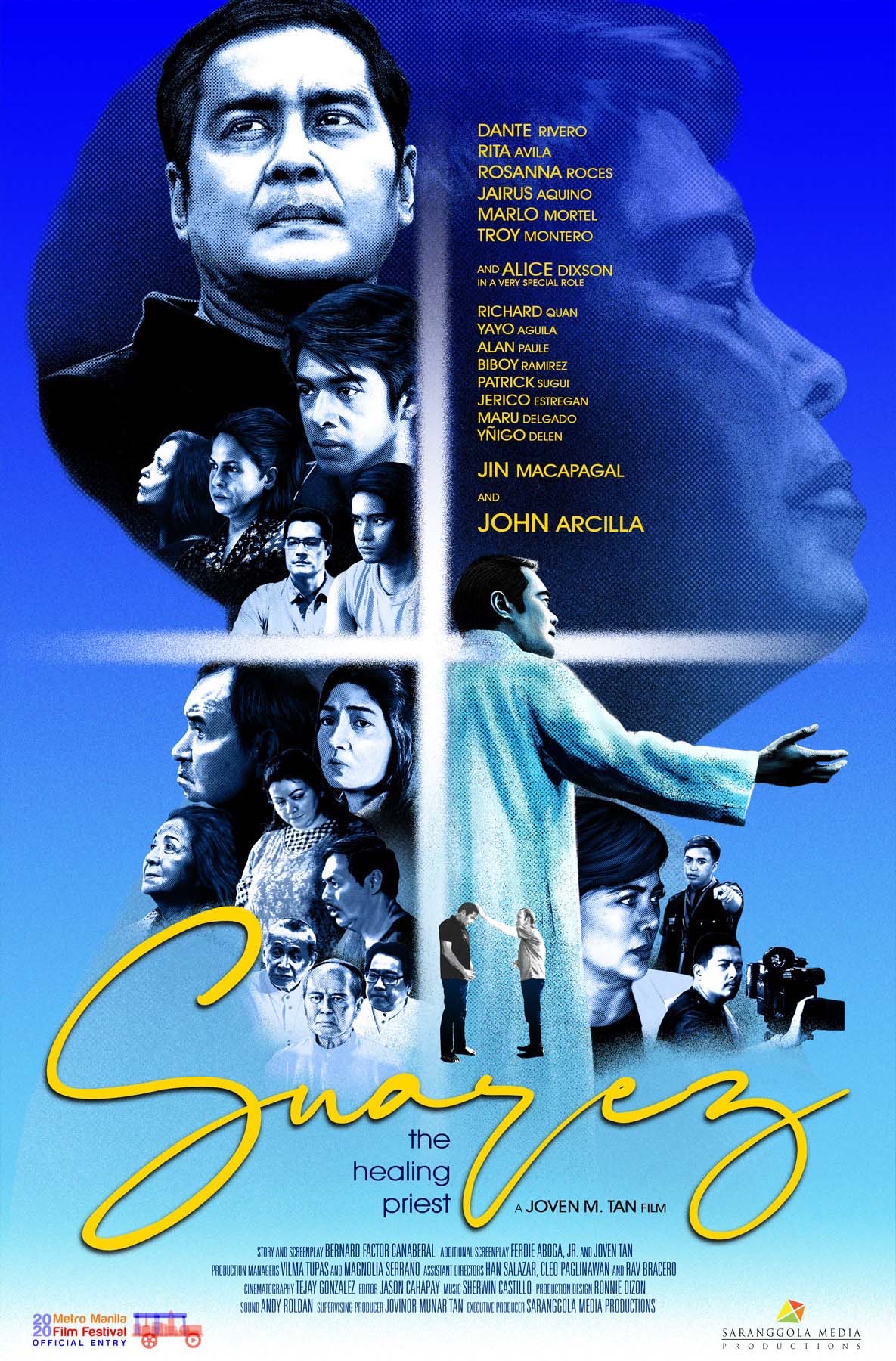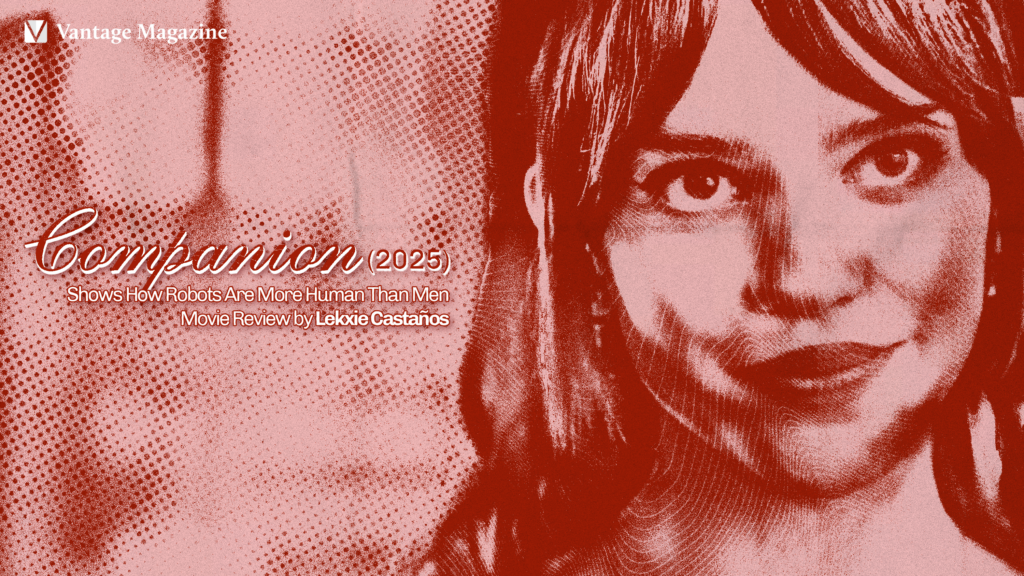In a country where access to healthcare is a luxury, it would seem as if a miracle of faith is the only lifeline for the sick and impoverished to hold onto. The question is: Who do they go to for one?
Suarez: The Healing Priest explores the enigmatic life of the late Fr. Fernando Suarez, who was famed for his ability to perform healing miracles on a variety of ailments. Directed by Joven Tan, the film is another addition to the local cinema’s line-up of notables such as Walang Himala (1982) and Honor Thy Father (2015) that dared tackle the themes of religion and faith.
Consistent throughout the movie was Suarez’s insistence on the power of prayer—that it is not the man who heals, but God. Apart from Suarez’s early successes as a young priest, the film also trains its sights on the grim realities of framed sexual allegations, parochial rivalry, and fame that have all haunted the healing priest throughout his service.
Although the film struggles to impress with its seemingly one-dimensional cinematography, its casting was spot-on. Tan recruits a variety of veteran actors in the likes of Dante Rivero (Bishop Antonio Palang), Leo Martinez (unnamed Filipino bishop), and Gina Pareño (paralyzed beggar), whose brief yet moving performances added depth to the screenplay. However, it was John Arcilla’s rendition of Suarez that proved most compelling. Handpicked by the late priest himself, Arcilla highlighted the qualities that made Suarez charismatic in the first place.
Unfortunately, the film refrained from exploring the stories of its supporting characters, particularly that of Bishop Antonio Palang. The esteemed bishop of San Jose, Occidental Mindoro has been reduced to a mere “Bishop Protector” who chose to defend Suarez from the ire of the Church. The same can be said for Suarez’s co-moderator of ministry Fr. Jeffrey Mark Shannon (Troy Montero), whose screen time only served to tell the beginnings of Suarez’s faith healing journey.
While its storytelling is largely straightforward, the most striking part of the film was its inclusion of actual clips from Fr. Suarez’s healing masses. It is this powerful montage that tugs at one’s heartstrings and summons one’s judgement. Regardless of your faith in miracle healing, one cannot deny the joys of the sick and the hopeless as they receive the “healing.”
Contrary to expectations, Suarez: The Healing Priest is not a self-serving movie nor is it a commentary on the truths of the practice. Instead, it is an undeniably moving piece that tackled the nature of miracle healing and its consequences to religion and society.
At the end of the day, it is a film that offers hope to the hopeless and challenges scrutiny to the hopeful. Whether you are a person of faith or not, one question on Suarez’s supposed gift remains: Why him?






